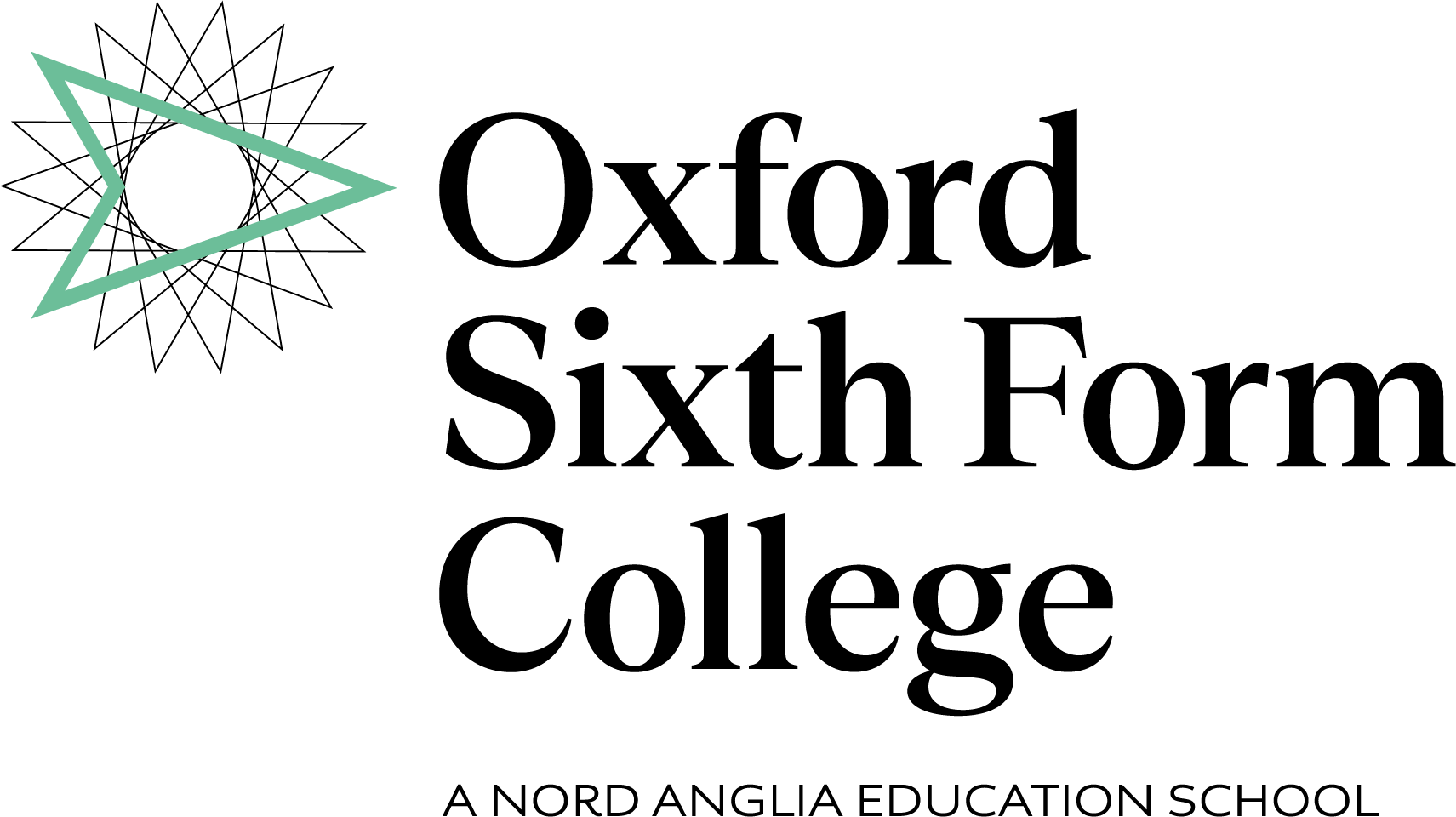
A-Level Photography
Photography allows A-Level students to expand their creative horizons through taking and editing photographs. Students are also encouraged to contextualise their work and develop an understanding of the creative process in industries using photography. By the end of the course, students will have produced a portfolio of work through the creation of photographs, digital presentations and written work: they will produce a 1,000 word thematic essay explaining the context in which their practical portfolio exists.
What is Photography?
Initially the course will help students understand the workings of the camera and the use of editing software such as Lightbox. Emphasis is also placed on framing of photographs and the range of artistic styles that can be developed photographically. Tutors offer practical advice or ideas and then students will develop an original response to a theme, artist or idea. Tutors support the student as the work progresses, offering a critical response and guiding the student’s technical development for a quality final result.
How is it studied?
OCR A-Level Photography is taught within the two-year and one year A-Level programmes.
Photography is taught in small groups and there is an emphasis on photographic assignments. Students will explore a range of genres including portraiture; landscape photography; commercial photography; still life photography; documentary photography; experimental imagery; editorial photography; photographic installation; and the moving image/animation. Visits to local and national photographic exhibitions are woven into the course to expose students to a range of artists and styles, which they can use or respond to through their own work.
How is A-Level Photography assessed?
| Unit | Modules | Weighting | Format |
| 1 | Personal Investigation that includes a portfolio of practical work and a written study of 1,000 words | 60% | Portfolio and essay produced during course |
| 2 | Externally set task | 40% | External Exam: 15 hours |
Exam Board: OCR
What do I need to study it?
5 GCSEs grade 5 or above including Maths and English or equivalent international qualifications.
For international students who have taken IELTS, we require an overall score of 5.5 with a minimum of 5.5 for each of the reading and writing components.
For international students who have taken IGCSE English (Second Language), we require grade 5 or above.
Many students join the course with no qualification in the subject. Specific techniques are developed throughout the course, and students should not be afraid of practical investigation. An interest in the workings of a camera and editing software helps. Student should have their own Digital SLR camera and lenses.
What should I study with Photography?
Photography can be studied with any subject. Its nature means that it can contribute to any subject combination by offering a more creative approach and practical experience. In combination with A-Level Art and A-level Graphic Communication it can support applications to Art degrees and Art Foundation courses.
A-Level Photography also combines very well with A-Level Graphic Communication and A-Level Business for those students with digital rather than traditional art skills and interests who have an interest in the creative aspect of marketing.
What can I do with A-Level Photography?
Some students go on to Art Foundation courses or Photography degrees. Good photography skills will serve you well throughout a range of creative and related professions, including marketing, design, digital media and film making.
Questions about the course
Can I study A-Level Photography as a one year A-Level?
Yes, if you are combining the A-level with the College’s one year BTEC Business Diploma and thereby studying the College’s BTEC+ course.
Is Photography an acceptable subject for access to top universities?
Photography is useful if you are aiming for an Art degree or a degree orientated toward practical Media or Film. It is accepted by all universities, but you may need to combine it with less practical subjects if you are aiming to study an academic subject.
Do I need my own equipment or software?
Students will need to bring their own laptop and camera. The laptop should be capable of running the Adobe suite, which will be installed by the college when you start the course.
Related Subjects
Accreditations



